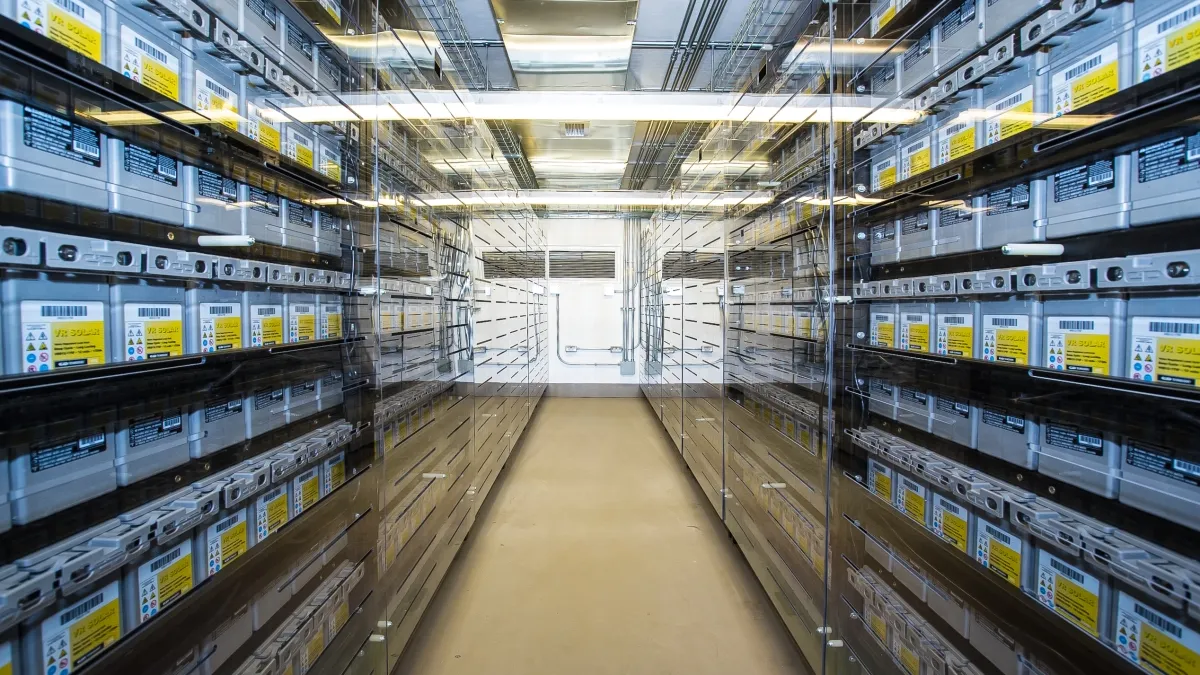Dive Brief:
- The Colorado House voted 45-18 this week in favor of legislation supporting the expansion of battery resources. SB 9 would declare that power customers have a right to install, interconnect and use energy storage systems, directing regulators to adopt rules governing the resource.
- Following the Senate's 30-5 approval in February, the law now goes to Gov. John Hickenlooper (D) for a decision.
- If signed, the Colorado Public Utilities Commission would adopt rules governing the installation, interconnection and use of customer-sited energy storage systems, setting some parameters for interconnection reviews.
Dive Insight:
Colorado's legislature easily backed the storage legislation, which could launch a new energy resource in the state. The bill concludes that it "is in the public interest" to limit barriers to customer-sited energy storage, and that customers have a right to interconnect and use the batteries without unfair restrictions or rates. It also calls for any utility interconnection reviews to be simple and affordable.
The legislation directs the PUC to design rules that reflect those concepts.
"The threat of interruptions in electric supply due to weather, malicious interference, or malfunctions in centralized generation and transmission facilities makes distributed resources, including energy storage systems paired with other distributed resources, an effective way for residents to provide their own reliable and efficient supply of electricity," the legislation says.
Utilities may also not require customer-sited meters "in addition to a single net energy meter for the purposes of monitoring energy storage systems," the bill reads. It makes an exception, however, for larger energy storage systems.
While the legislation would allow customer-sited batteries onto utilities systems, the power companies themselves have already been experimenting with batteries in Colorado.
Last year, United Power Cooperative and SoCore Energy announced they would build the largest energy storage facility to date in Colorado, a 4 MW, 16 MWh battery storage system. The project is one of several United Power is planning as part of its “community battery” strategy, allowing members to share the battery's output to reduce demand charges on their monthly electric bills.
Earlier this year, attention was focused on an Xcel Energy resource solicitation that received very low bids for renewable plus storage. The median price bid for wind-plus-storage projects in Xcel's all-source solicitation was $21/MWh, and the median bid for solar-plus storage was $36/MWh. Previously, the lowest known bid for similar solar resources was $45/MWh in Arizona.














